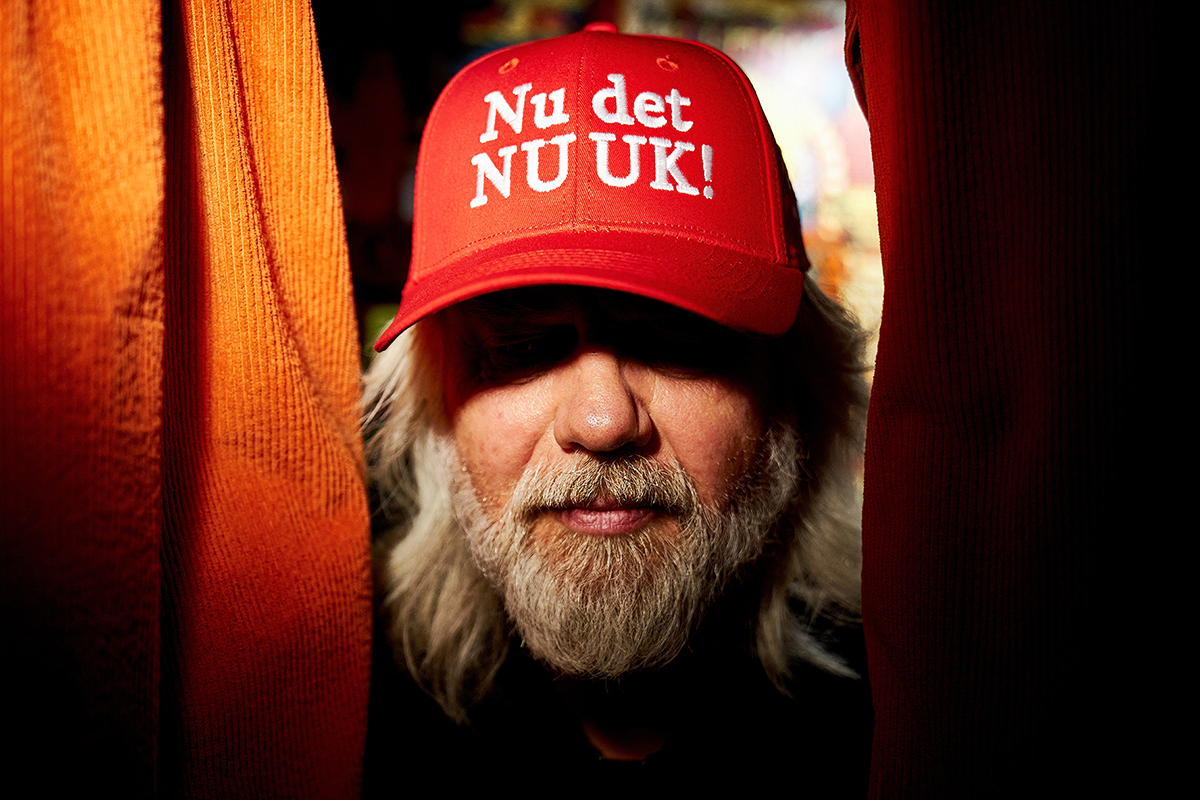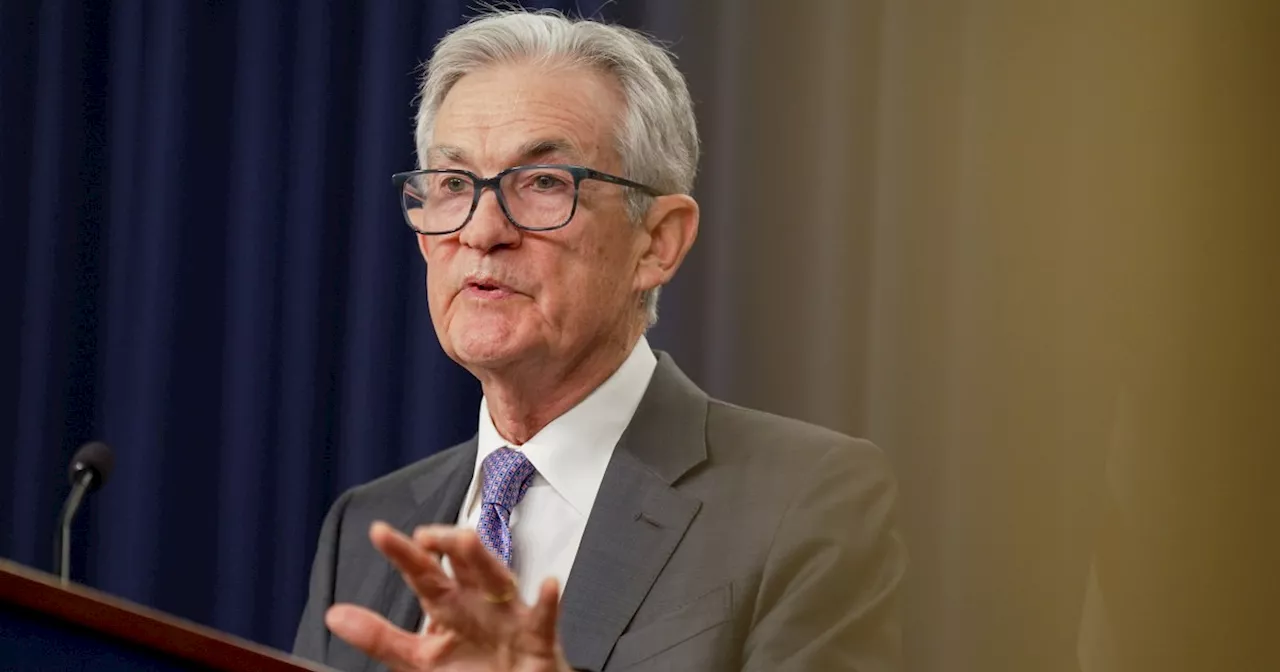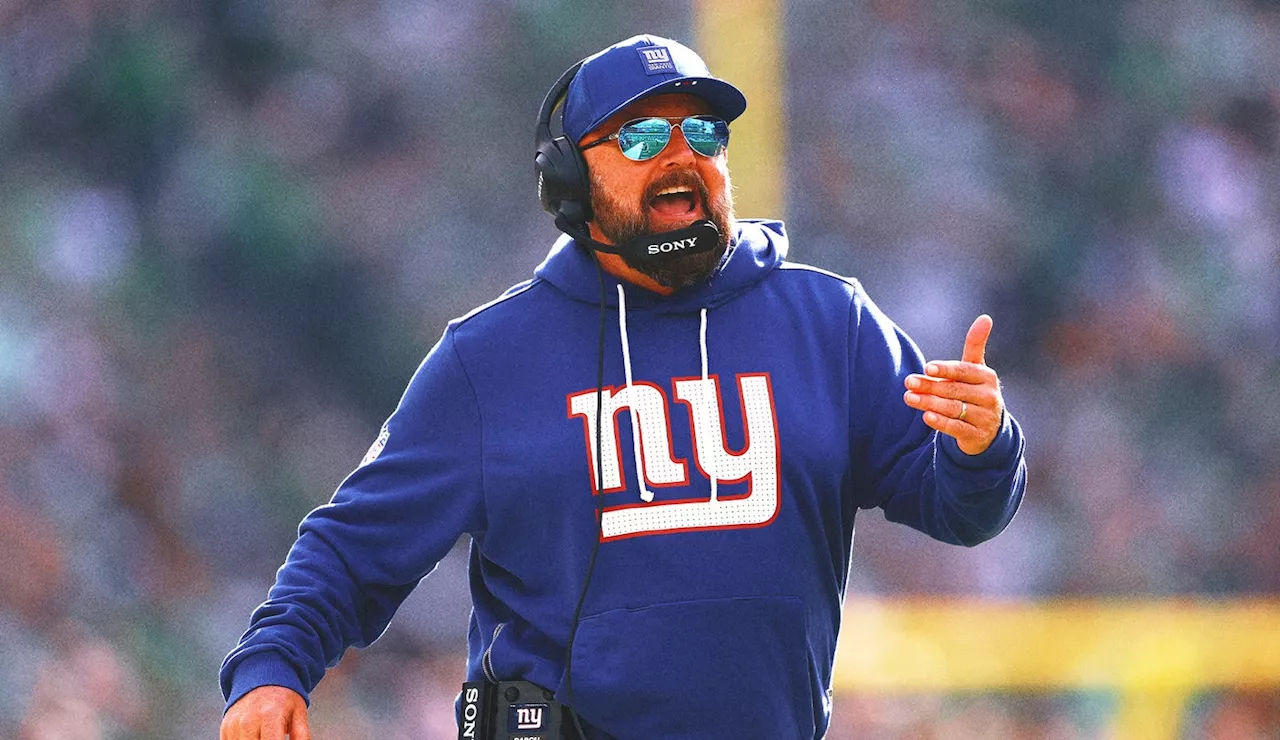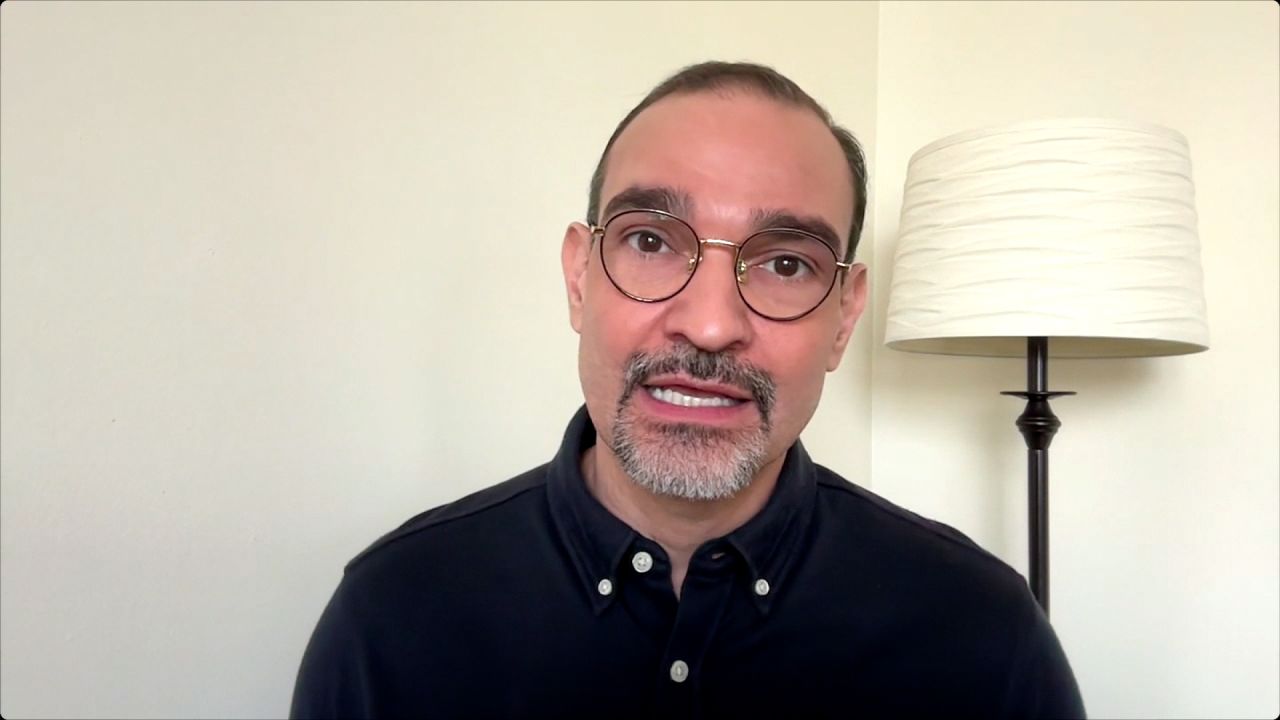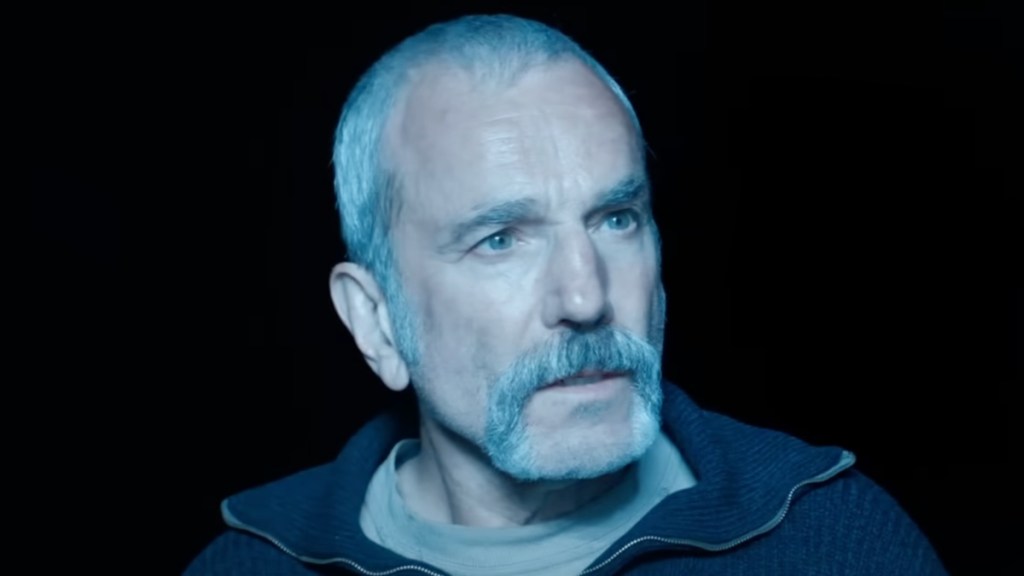
UPDATE: Daniel Day-Lewis has boldly defended method acting, asserting that misconceptions plague the technique in today’s film industry. In a compelling interview with The New York Times, the three-time Oscar winner expressed his frustration over the term “gone full Method,” which he believes unfairly links method acting to erratic behavior.
This urgent commentary comes as Day-Lewis promotes his latest film, Anemone, directed by his son, Ronan Day-Lewis. The Oscar-winning actor, known for his immersive performances in films like My Left Foot and Lincoln, emphasized that the portrayal of method acting as synonymous with “behaving like a lunatic” is misleading and reductive.
Day-Lewis stated, “I am a little cross these days,” referring to the growing criticism surrounding the technique. He articulated that “there are techniques you can learn,” and that method acting has become “an easy target.” His remarks highlight a significant shift in the industry’s perception of acting techniques, raising questions about artistic integrity and the role of emotional investment in performances.
In his discussion, he pointed out that critics often exaggerate narratives of discomfort or instability on set, saying, “Everyone tends to focus on the less important details.” He further clarified, “Those details always seem to involve some sort of self-flagellation or an experience that imposes upon oneself a severe discomfort or mental instability.”
Despite being labeled a method actor, Day-Lewis has distanced himself from the rigid interpretations of Konstantin Stanislavski’s teachings. He emphasized that while Stanislavski shaped his training, it is “misleading” to assume that extensive calculation is required in the approach. “All you’re trying to do is lay the groundwork, which might allow the imagination to free itself,” he asserted.
This urgent update comes as Day-Lewis makes his return to the screen after an eight-year hiatus, portraying a reclusive ex-soldier alongside Sean Bean. His participation in Anemone has been described as a deeply personal comeback, as he shares the experience of filmmaking with his son. Day-Lewis remarked that working with Ronan “has meant everything,” amplifying the emotional weight of his return to acting.
As the debate over method acting continues to unfold, Day-Lewis’s insights offer a critical perspective on the artistry of performance. Fans and critics alike will be watching closely as this conversation develops, particularly in light of his significant role in the film industry.
Expect more reactions to Day-Lewis’s statements and their impact on the future of acting techniques. Stay tuned for further updates as this story evolves.
